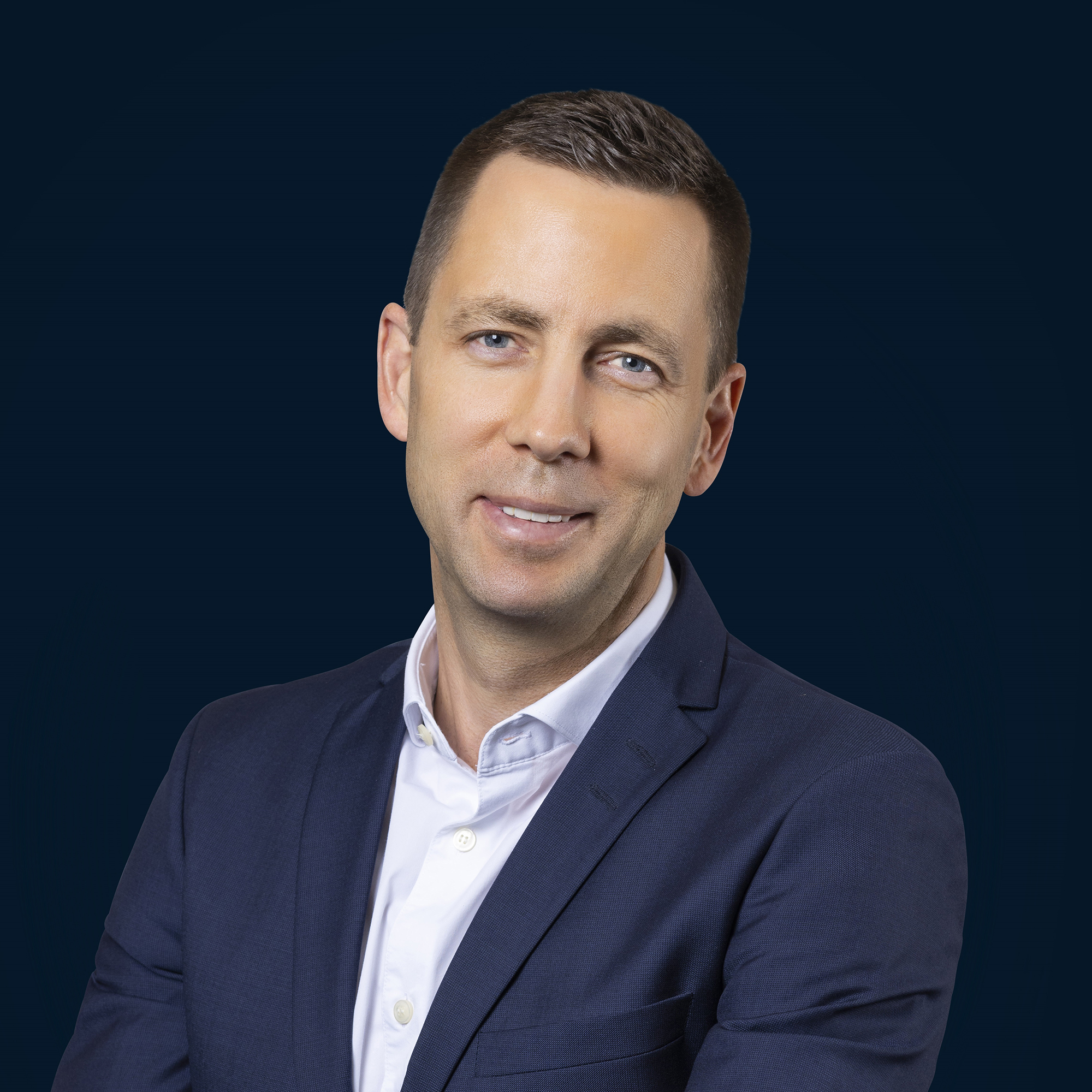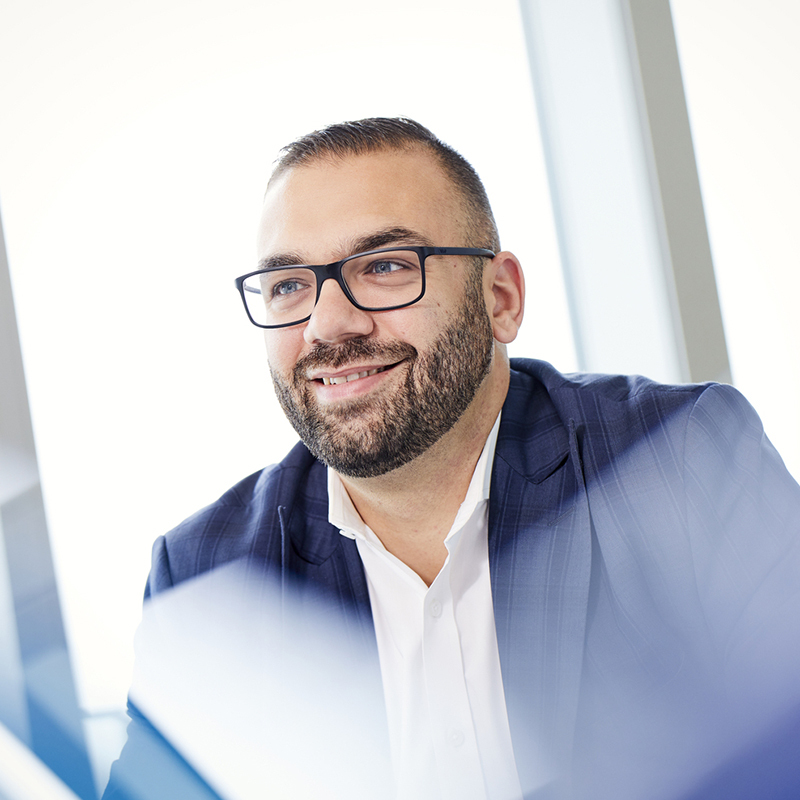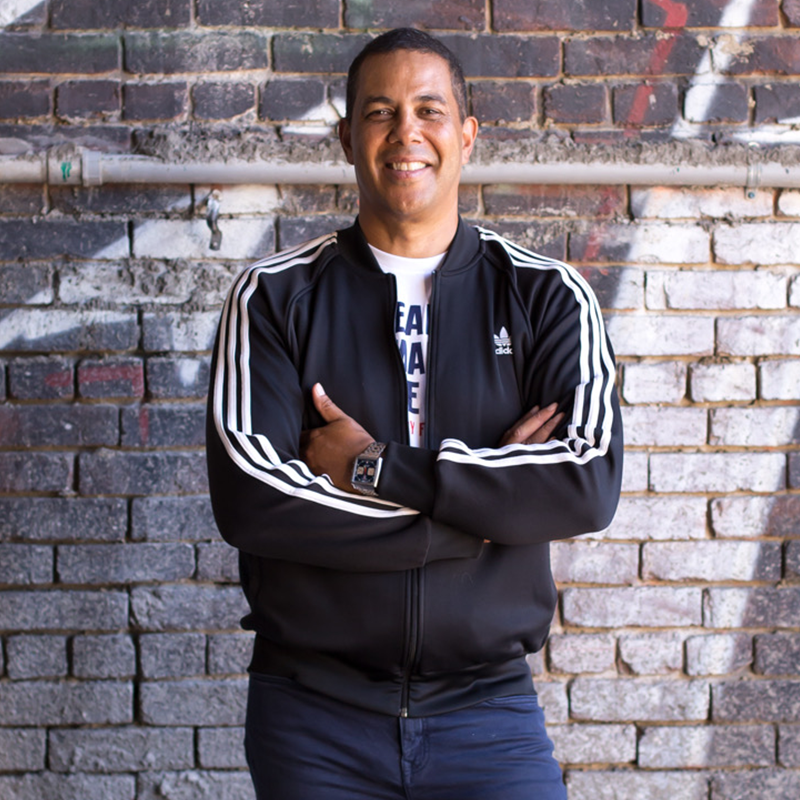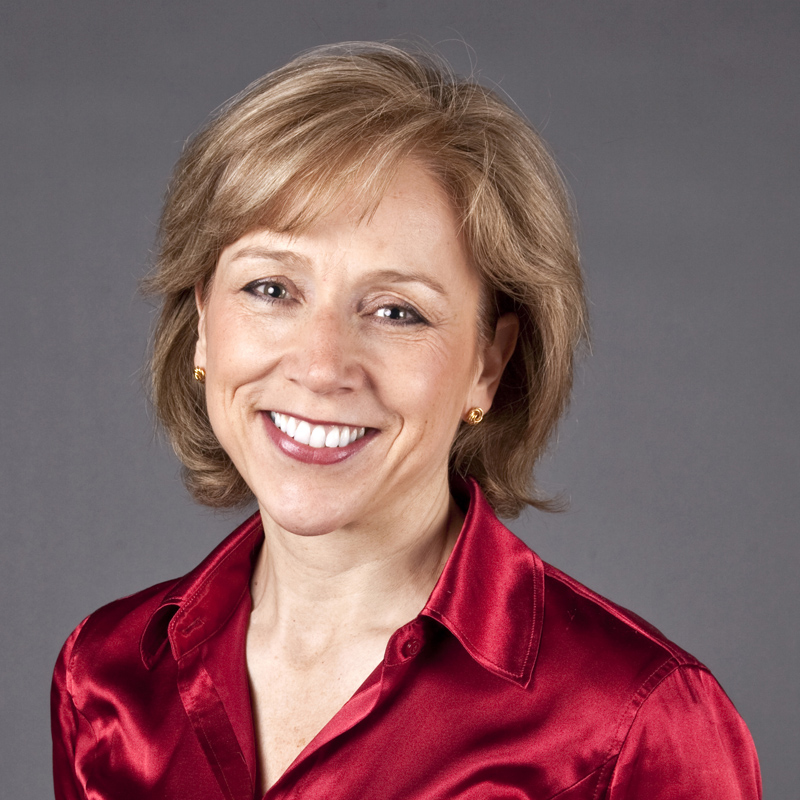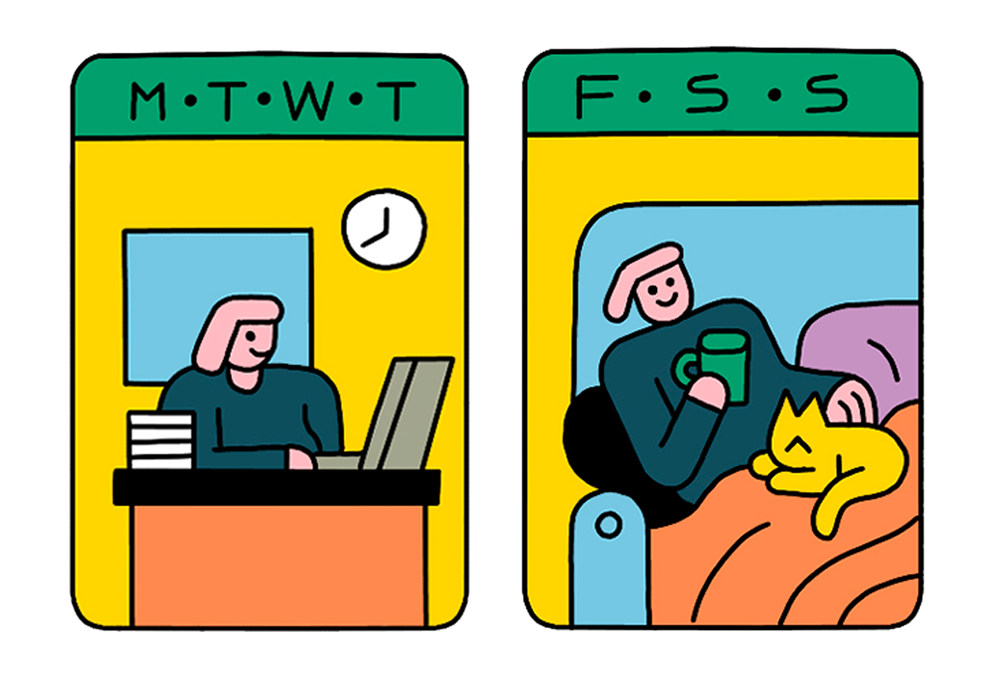When It Comes to DEI, Companies Must Walk the Talk
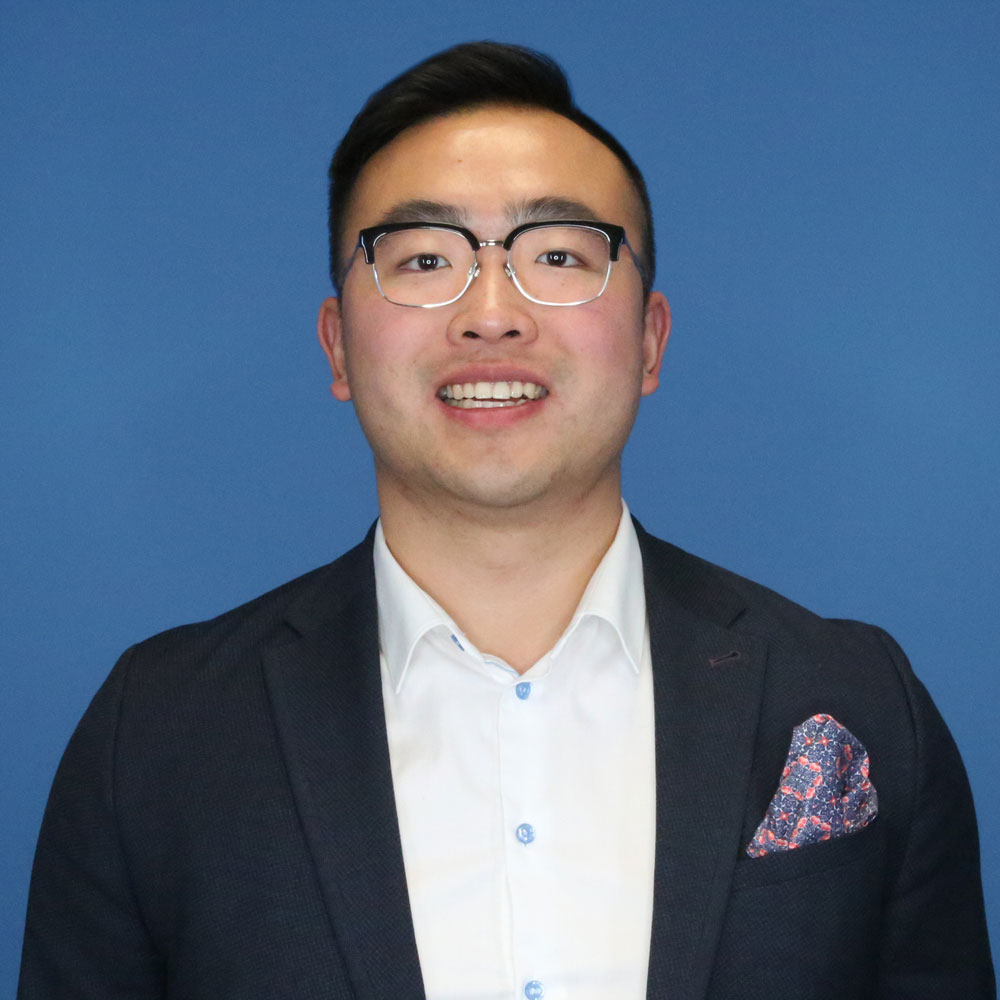
Edmonton-based CarePros does tough work. The five-year-old company, founded by Charles Wong, uses trauma-informed care to help children and youth achieve personal success by nurturing their physical, social, cultural and emotional wellbeing—work that helped earn the company a spot on the 2022 New Innovators List. CarePros is the kind of operation whose success hinges on engaged staff, progressive policies and inclusive thinking. So Canadian Business talked to Wong, CarePro’s president, about why it’s important for businesses to recruit based on shared values, what organizations can do to create burnout-free workplaces and how companies can authentically support DEI.
You run a company that exists to serve people who are traditionally marginalized, and who have a lot of challenges. How do you ensure that everyone you’re bringing in is aligned with that mission?
Our company is named after our frontline staff; I see them as the heroes of the organization. We attract individuals who are in the human services field: social work and disability services. Many of them have self-selected into this industry; they’re here to serve individuals who have mental, medical and behavioural challenges and also individuals who have experienced trauma.
We are a purpose-driven organization, and we have been spending a lot of time while we’re in this early, high-growth stage to really define our mission, vision and core values. Within our mission, we guide children and youth to achieve personal success by nurturing their physical, social, cultural, ideological and emotional wellbeing. And as a team we celebrate five key core values: We care; we are culturally responsive; we listen first; we live with integrity; and we are one.
People who are joining our organization are, and have to be, aligned with that mission, vision and core values. We weed people out very quickly in our recruitment process if they don’t align. And that’s how we’ve been able to build and protect the culture that we have developed, especially during the pandemic.
The work your team does can be gruelling, and the caregiving industry as a whole experiences very high rates of burnout. What do you do to protect the wellbeing of your team members?
Beginning in the summer of 2020, still early days into the pandemic, we started soliciting feedback actively, on a week-to-week basis, about what our staff wanted and what they needed. One of the trends that started to surface out of Europe was the four-day workweek. We polled our team and we decided to pilot that in July 2020, to give people more flexibility, the opportunity to have long weekends every single week. We took feedback after the pilot, and more than 95 per cent of our team was in support of implementing the four-day workweek. It made their lives better and as an organization we’re still able to see similar, if not increased productivity.
We also started offering unlimited sick days to our head-office administrative team: Regardless of if it was a mental-health day or a physical ailment—we weren’t asking for doctor’s notes. And when employees had to quarantine due to close contacts of COVID-19, our people and culture team would do wellness checks to ensure that the quarantining employee had groceries and, if they were on their own, other supports. We ended up providing hotel accommodation for employees, especially if they were living with vulnerable family members.
We have a relatively large people and culture, or HR, team for a company our size, and that was something that we knew that was really critical. We’re in the social services industry and our biggest assets are our people. So we invest heavily in them.
What do you see the role of your leadership team in modelling support and allyship?
We’ve done a lot of work, in defining our mission and vision and core values, on what it means to be equitable, what it means to be diverse, what it means to be inclusive. Championing diversity, equity and inclusion, or DEI, is not only embedded within our culture in a very real way, it is critical for our success. We have a workforce that is largely people of colour. And 75 per cent of our administrative office team, 66 per cent of employees overall, are women.
It starts from the top. When we talk about DEI, I think it’s very easy to brand it without doing the work. We offer folks who observe different religions additional days off to celebrate their faith. In our physical space, we have gender-neutral bathrooms, a quiet room for prayer, meditation or breastfeeding. I introduce myself with my pronouns, which are ‘he’ and ‘him.’ These are actions I would recommend any employer take from the start. Because the decisions that you make early on will truly define your organization as you scale.
Can you give an example of this DEI-focused foundation helping CarePros to evolve?
On September 30, 2021—Canada’s inaugural National Day for Truth and Reconciliation, we released updated core values to be more culturally responsive. We are not an Indigenous organization. But 70 per cent of the children and youth that we serve are Indigenous. So, as a team, we recognize how much learning that we have to do. We are responding to the 94 Calls for Action developed by Truth and Reconciliation Commission of Canada, the biggest one being in the child intervention space, learning and supporting a lot of the transition of children’s care back to their communities. This is so key and important to us.
Our entire admin team is fully enrolled in the Indigenous Canada 12-week program offered by the University of Alberta. We engage in uncomfortable conversations weekly. Reconciliation has become so critical to the direction of where the country has to go. Our organization is looking to be a very active participant in this. And I think we’re just scratching the surface.
